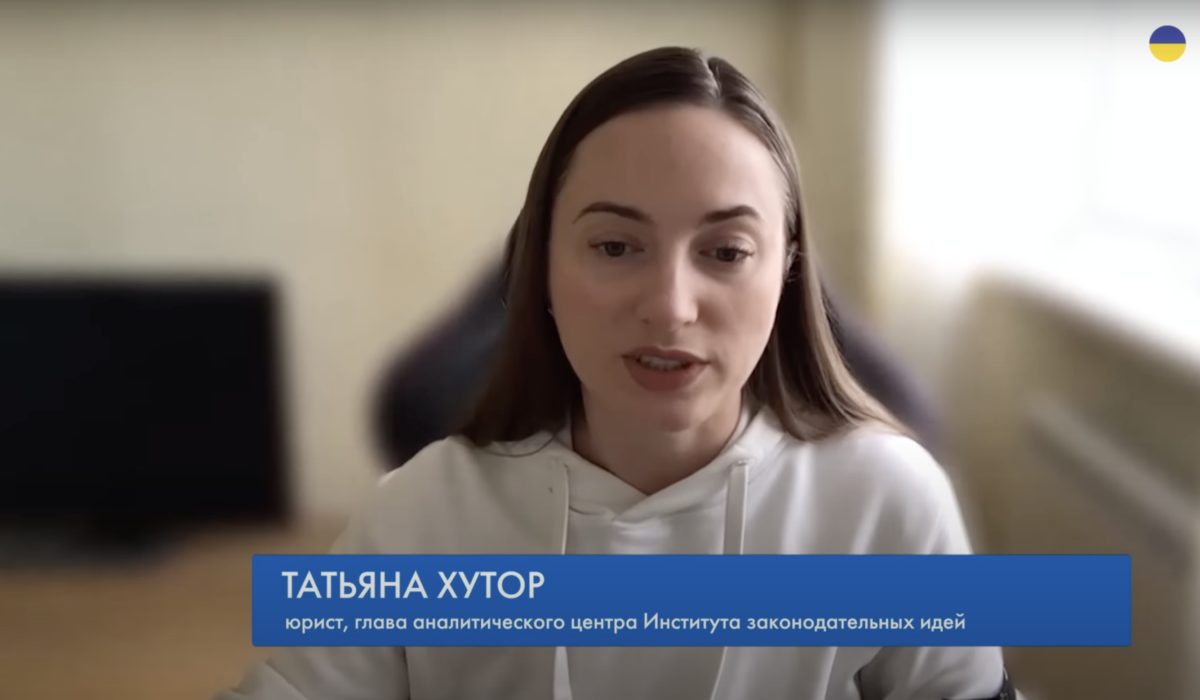
The Head of the ILI, Tetyana Khutor, spoke on the air of the ‘FREEДОМ’ TV channel about the current situation regarding compensation for losses from the aggressive war of the Russian Federation through the confiscation of assets
"This situation has arisen because there is no universal mechanism in the world for dealing with the assets of the aggressor country... According to our data, up to $1 billion of various assets have been confiscated so far: not only money, but also businesses, cars, and real estate. But the lion's share of these assets was confiscated by Ukraine on its territory. Separately, assets of Russian banks worth about UAH 17 billion were also confiscated,’ said Khutor.
She noted that there is a foreign case of the transfer of confiscated Russian assets to Ukraine: the United States recovered $5.5 million from oligarch Malofeev. So far, this is the only case in the world.
Before the full-scale invasion, Russia withdrew most of its assets from the US: out of $150 billion in bonds, about $5 billion remained. Another important element in this situation is the legal aspect.
"There is international law. According to international legal custom, one cannot confiscate and encroach on the assets of another state... even in the case of a gross violation of the fundamentals of international law. Now we need to conclude an international treaty that would spell out how to work with this sovereign immunity and in what situations exceptions can be made," said Tetyana Khutor.
According to her, the number one task is to find out where, how much, and in which banks Russian assets are kept. The second step is to block them, and the third is to work on developing a legal mechanism.
Watch the video to learn more about where Russia is hiding its assets and how to make it pay for the war:
More information on the situation with compensation for damages and confiscation of Russian assets can be found on our Confiscation Tracker, an interactive website that displays up-to-date information on amounts, legislation, court decisions and political positions of countries on confiscation.



